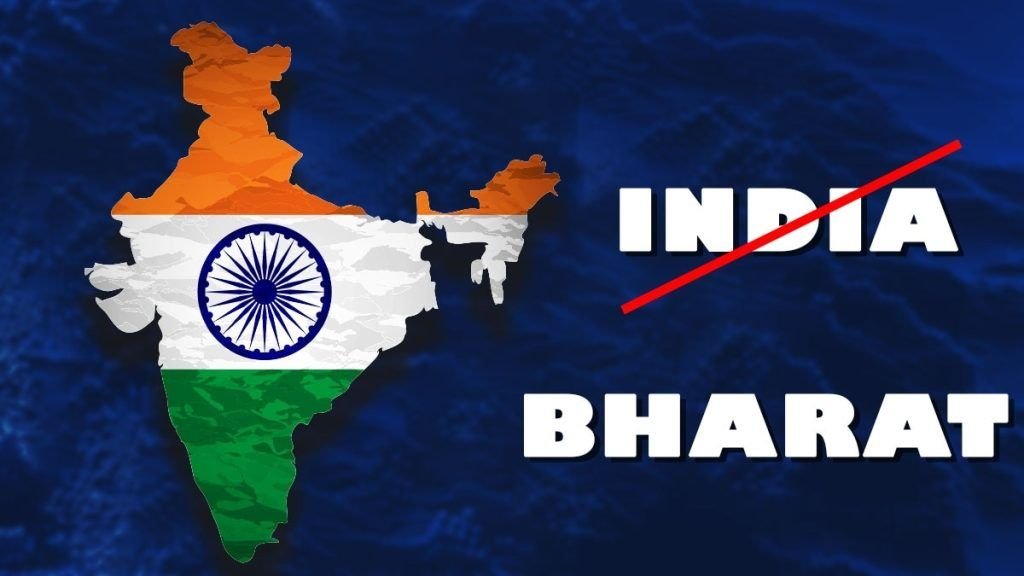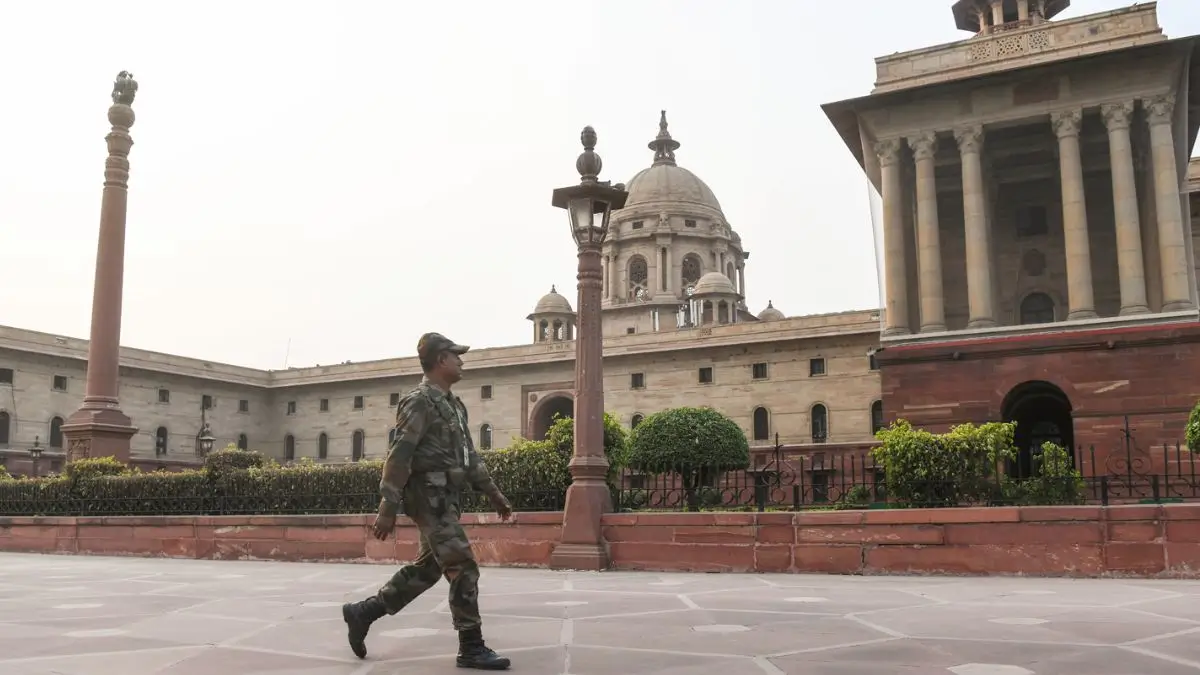India to be Renamed Bharat: Here is a List of Countries That Changed Their Names
India, the land of diverse cultures and rich heritage, is set to undergo a significant transformation as the proposal to rename the country as “Bharat” gains momentum. This move has sparked discussions and debates across the nation, making it a crucial topic for aspirants preparing for various government exams. In this article, we will delve into the reasons behind this proposal, its historical context, and its implications.

Why this News is Important:
The Historical Significance: Renaming a country is a decision of great historical significance. India’s proposal to change its name to “Bharat” reflects a desire to embrace its ancient roots and traditions. This change aims to reconnect with the historical and cultural essence of the nation, a fact that aspirants should be aware of for exams.
Symbolism and Identity: The name “Bharat” carries deep cultural and patriotic symbolism. It represents the spirit of unity in diversity that India stands for. Understanding the significance of this change is crucial for candidates aspiring for positions in the civil services and other government roles, as it reflects the evolving national identity.
Historical Context:
The proposal to rename India as “Bharat” is not a new concept; it is deeply rooted in India’s history. “Bharat” is a Sanskrit name for India mentioned in ancient texts like the Mahabharata and Puranas. The idea of adopting this name has been discussed in various forums over the years.
India’s colonial history, where it was referred to as “India” by British rulers, led to the continuation of the name even after gaining independence in 1947. The renaming proposal aims to shed this colonial legacy and revive the ancient identity of “Bharat.”
Key Takeaways from This News:
| Serial Number | Key Takeaway |
|---|---|
| 1. | India is considering renaming itself “Bharat.” |
| 2. | This change is rooted in India’s ancient history. |
| 3. | The proposal aims to shed colonial nomenclature. |
| 4. | “Bharat” carries deep cultural and patriotic value. |
| 5. | It reflects India’s evolving national identity. |
Important FAQs for Students from this News
Q1: Why is India considering renaming itself as Bharat?
A1: India is considering this renaming to reconnect with its ancient cultural and historical roots and shed the colonial legacy of the name “India.”
Q2: What is the historical significance of the name “Bharat”?
A2: “Bharat” is a Sanskrit name for India, mentioned in ancient texts. It carries deep cultural and patriotic symbolism.
Q3: How does this renaming proposal relate to India’s colonial history?
A3: India was referred to as “India” during British rule, and the proposal aims to move away from this colonial nomenclature.
Q4: What are the implications of this change on India’s national identity?
A4: The renaming reflects the evolving national identity of India, emphasizing unity in diversity and cultural heritage.
Q5: How does understanding this news benefit government exam aspirants?
A5: It is important for aspirants to be aware of significant national developments like this, as it can be relevant to questions on culture, history, and national identity in exams.
Some Important Current Affairs Links

















